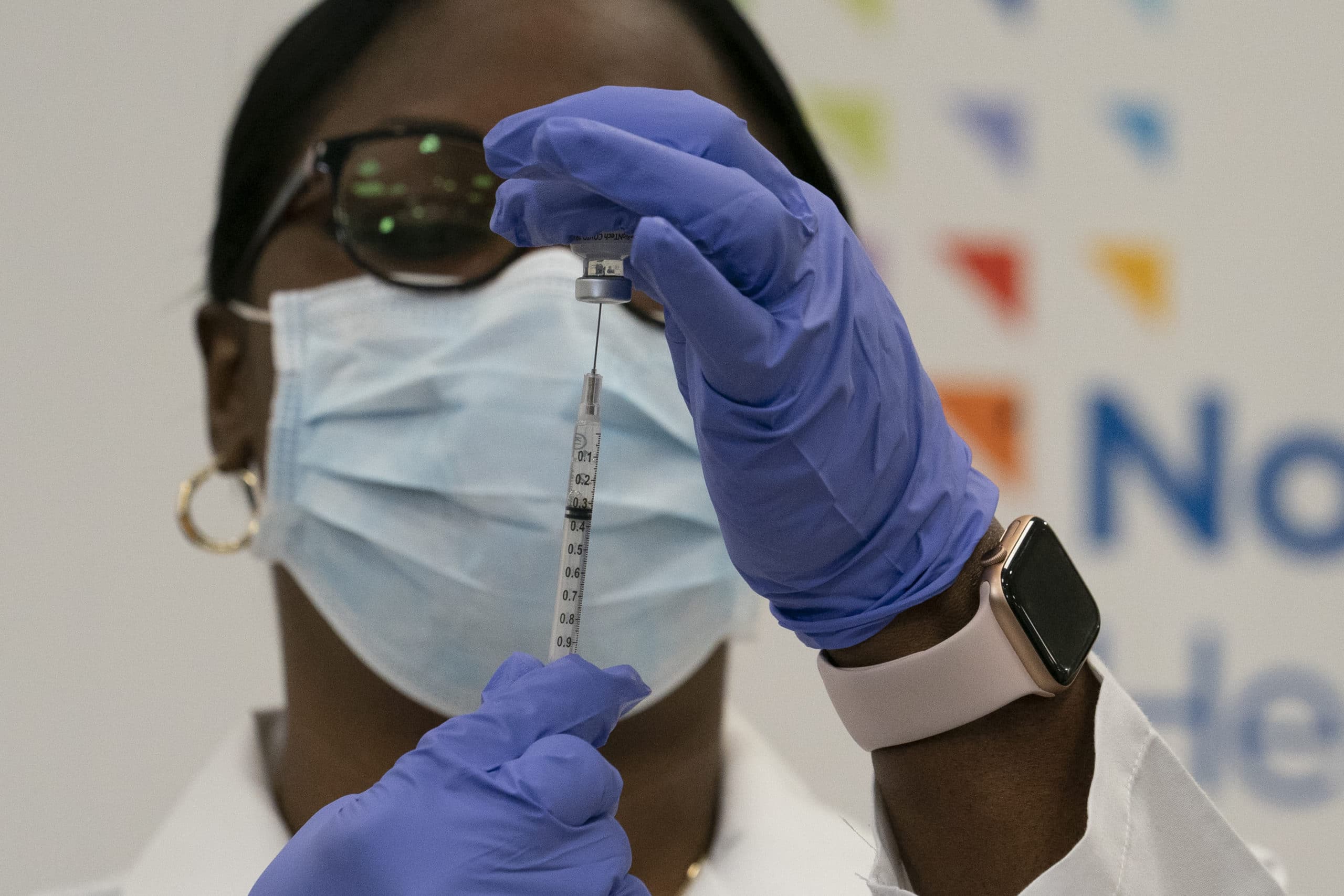TOPLINE: Pfizer’s Covid-19 vaccine is significantly less effective at preventing infection with the Delta variant than previous strains of coronavirus, data from Israel’s health ministry suggests, the latest setback as countries around the world fight to contain the hyper-contagious form of Covid-19 driving outbreaks among children and young people.
KEY FACTS
A full course of the Pfizer-BioNTech vaccine is 64% effective at preventing symptomatic Covid-19, according to an early study by Israel’s health ministry reported Monday, much lower than previous estimates of nearly 90%.
The vaccine still appears to be highly effective, 93%, at preventing serious illness and hospitalization, the data shows, though this is also slightly lower than earlier studies suggested and for other variants.
Biotech firm Moderna, which is based on the same type of technology as Pfizer’s jab, said its vaccine remains effective against the Delta variant and that blood samples from fully vaccinated individuals show only a “modest reduction” in antibodies.
Early studies indicate the Johnson & Johnson vaccine, the third authorized for use in the U.S., is also effective against the variant, the company said, generating immunity lasting for at least eight months.
Studies from the U.K., where Delta accounts for practically all new cases of Covid-19, found the AstraZeneca vaccine to be about 60% effective at preventing symptomatic disease and around 90% effective at preventing hospitalization, a modest drop compared to the Alpha variant that previously dominated.
In vaccines requiring two shots—which covers all mentioned here bar the one-shot Johnson & Johnson—research consistently indicates a much lower level of protection from just one shot, underscoring entreaties from public health officials for Americans to get vaccinated.
CONTRA
The data and research covering how effective vaccines are against Delta are new and, in some instances, incomplete, something that reflects the speed at which Delta has spread. For example, Israel’s health ministry has not revealed the data or the methodology it used to obtain its results and the studies from both Moderna and Johnson & Johnson only looked at how blood samples from a very small number of people behaved in a laboratory setting. Until more data is gathered in a transparent and verifiable way, the figures and results should not be seen as conclusive. The U.K. is likely to prove an invaluable source of information for other countries dealing with the variant as it is facing a new wave of cases driven almost entirely by Delta, especially as it prepares to lift all pandemic restrictions.
BIG NUMBER
47%. That’s how much of the U.S. population has been fully vaccinated against Covid-19, according to the CDC. Around 83 million have received a full course of the Pfizer-BioNTech vaccine, 61 million the Moderna vaccine and 12 million the one-shot Johnson & Johnson vaccine. 72,000 people have been fully vaccinated with a two-dose vaccine, though records do not show which.
KEY BACKGROUND
Health experts, including at the CDC, believe it is likely the Delta variant will become the dominant strain in the U.S. It already accounts for around one in four cases of Covid-19, according to the CDC, and is already the dominant form of the virus in two regions the agency measures (making up around 50-60% of cases in an area covering Iowa, Kansas, Missouri, Nebraska, Colorado, Montana, North Dakota, South Dakota, Utah and Wyoming). Though the WHO recommends all people to keep wearing masks regardless of their vaccination status, the CDC has not changed its guidance, recommending people get vaccinated to protect themselves and for local officials to institute their own measures if needed. Few areas have shown signs of doing this and the country’s low and uneven vaccination rates across the U.S. has prompted fears the variant will drive new waves of cases in poorly vaccinated areas, especially as practically all pandemic restrictions have been dropped.
WHAT TO WATCH FOR
Most pharmaceutical companies—including AstraZeneca, Pfizer and Moderna—are already working on Covid-19 booster shots, which could top up fading immunity over time and give added protection against new variants of the virus. It’s not yet clear when a booster might be needed. There are also a number of trials exploring what vaccine should be used as a booster and whether it would be more effective to “mix and match” different kinds.
By Robert Hart, Forbes Staff
